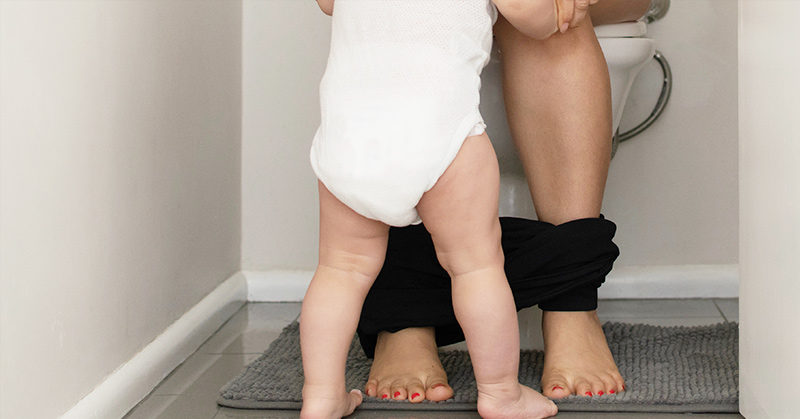A recent study revealed that the typical parent only gets about 32 minutes of alone time each day. This lack of personal time can lead to high levels of stress, affecting both mental and physical well-being. For mothers, who generally have less alone time than fathers, this can result in parental burnout. Alone time is crucial for parents to recharge and be the best caregivers they can be.
Licensed therapist Emma Bennett explains that moms without enough alone time are at a higher risk of experiencing parental burnout, which can have serious consequences for both parents and children. Physical symptoms, such as headaches and weight gain, can also manifest due to a lack of alone time. Furthermore, inadequate self-care can lead to poor parenting practices and ultimately put children at risk for abuse.
Mothers not only need more alone time but also require emotional and physical support from their partners, friends, and family members. Without adequate support, they may be more susceptible to perinatal mood and anxiety disorders. Symptoms of peri or post-natal depression include feelings of sadness, guilt, anxiety, sleep disturbances, and more.
Psychotherapist Erica Djossa stresses that alone time is essential for mothers in order to recharge and prevent burnout. Whether it’s watching a show, taking a bath, or reading a book, alone time should be focused on nourishing oneself and recharging. Establishing caregivers you trust and gradually increasing time away from your child can help mothers incorporate more alone time into their daily routine. Prioritizing self-care and seeking support from loved ones are key steps in ensuring that mothers get the alone time they need.
In conclusion, taking a break from the demands of family life isn’t selfish; it’s necessary for maintaining mental and physical well-being. Whether it’s a short period of time spent alone or engaging in activities that bring you joy, alone time is crucial for mothers to prevent burnout and be happy, healthy caregivers.






